MOUNTLAKE TERRACE, Wash. – Debate over new security cameras in Mountlake Terrace continues to intensify, as residents express fears the technology could be used by federal immigration authorities to track community members.
Council Approval Sparks Backlash
The controversy stems from the June 5 city council vote, when the Mountlake Terrace Council approved the installation of Flock Safety cameras in a 5-2 decision. Despite the approval, many residents say the council failed to heed widespread community opposition.
“When the council voted, five people voted yes and only two voted no, despite what the people of Mountlake Terrace wanted,” resident Laura Wrinkler said during public comment, according to The Everett Herald. “So, it was clear that the people were ignored.”
Another resident, Sam Doyle, accused the council of sidestepping community concerns.
“I think amends need to be offered before solutions, and they have not been,” Doyle said.
ICE Raids Heighten Fears
Much of the resistance is tied to concerns that Immigration and Customs Enforcement (ICE) could gain access to data collected by the new cameras.
At the recent meeting, resident Dale Jeremiah voiced strong opposition, citing reports of ICE using state-level data to pursue deportations.
“ICE could obtain DOL license registration for everyone with a Hispanic surname,” Jeremiah said. “ICE could then use Flock cameras to track all of their movements.”
The concerns are amplified by a KING 5 investigation that revealed the Washington Department of Licensing (DOL) had provided ICE, Border Patrol, and other Homeland Security agencies with access to driver’s license and vehicle registration data, despite state laws prohibiting local cooperation with federal immigration enforcement.
Calls for Safeguards
Some community members, while not fully opposed to the cameras, are calling for clear rules governing how the city handles data and interacts with federal authorities.
Audrey Meyer, who works with the Washington Immigrant and Solidarity Network, recommended that Mountlake Terrace establish strong parameters to ensure Flock data cannot be shared with ICE.
Others have asked for independent oversight to ensure the system is not abused or misused.
Flock Safety Responds
Representatives from Flock Safety attempted to ease concerns at the council meeting. Company spokesperson Kristen MacLeod emphasized that Flock does not retain large quantities of data that could be weaponized against communities.
“Flock only keeps 1% of nationwide data for updating new car models,” MacLeod explained, suggesting the risk of misuse is minimal.
Despite the assurances, many residents remain skeptical. Critics argue that even if the company limits its own data use, federal agencies may still find ways to gain access through state or local channels.
Council Considers Oversight Options
Amid ongoing pushback, the Mountlake Terrace City Council is exploring oversight measures. Proposals under discussion include:
-
Creating an advisory committee dedicated to monitoring Flock data use
-
Restructuring the Community Policing Advisory Board to provide direct oversight
-
Forming a subcommittee within the Diversity, Equity, and Inclusion Commission to ensure accountability
Council members say these steps could provide residents with greater transparency and assurance that the cameras will be used only for local safety—not federal immigration enforcement.
Balancing Safety and Trust
Proponents of the cameras argue they are a valuable tool for reducing crime, especially car thefts and neighborhood break-ins. Other cities, including Redmond and Bellevue, have implemented similar systems as part of broader public safety initiatives.
But in Mountlake Terrace, the conversation has centered less on crime prevention and more on community trust. Residents worry that marginalized communities, particularly immigrants, could be unfairly targeted if federal agencies gain access to the data.
Ongoing Debate
The debate shows no signs of cooling. Residents continue to organize, pressing city leaders to reconsider the installation or at least implement stronger protections.
For many, the issue is larger than technology—it is about the role of local government in protecting vulnerable populations from broader federal enforcement efforts.
As one resident put it during public comment:
“We want safety in our community, but not at the cost of our neighbors’ freedom and dignity.”
For now, the future of the cameras remains in flux. While approved by the council, the growing pressure from residents may shape how—or if—they are ultimately deployed.

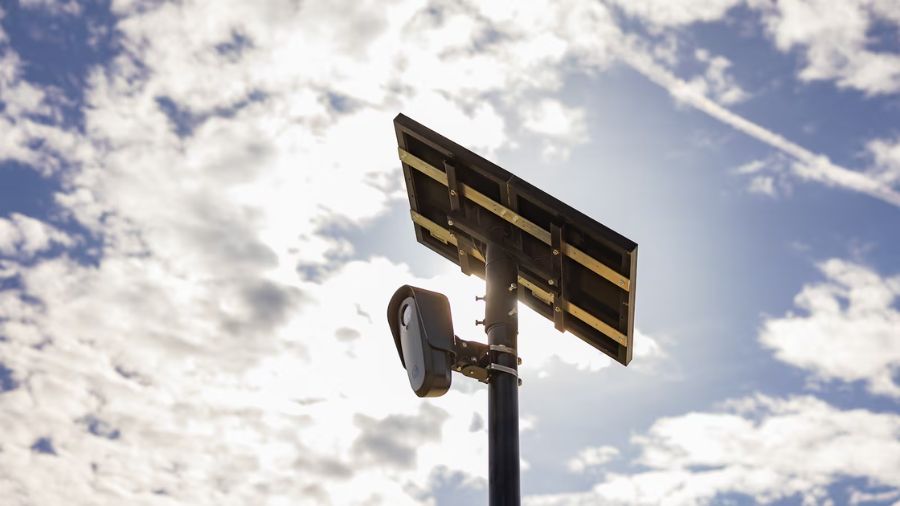

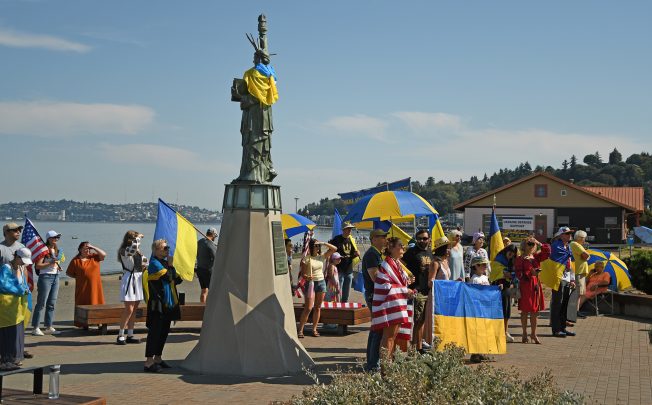
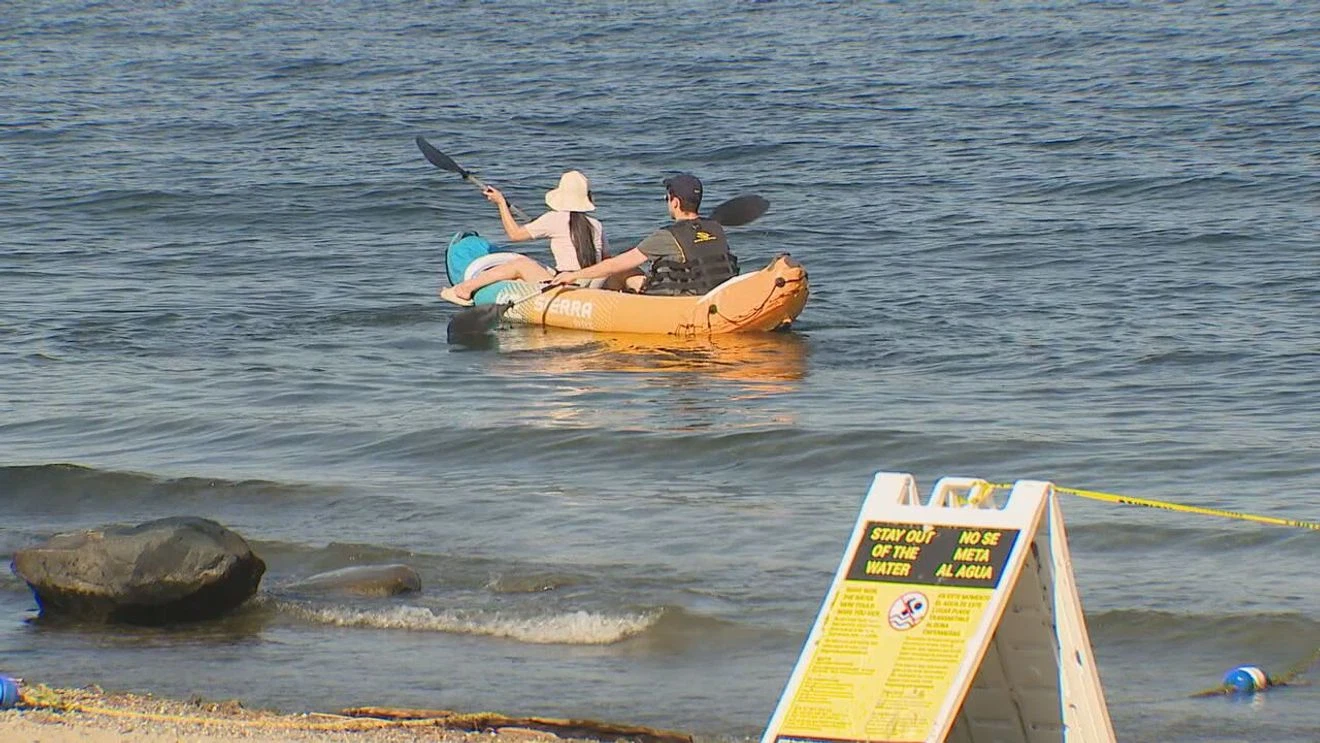
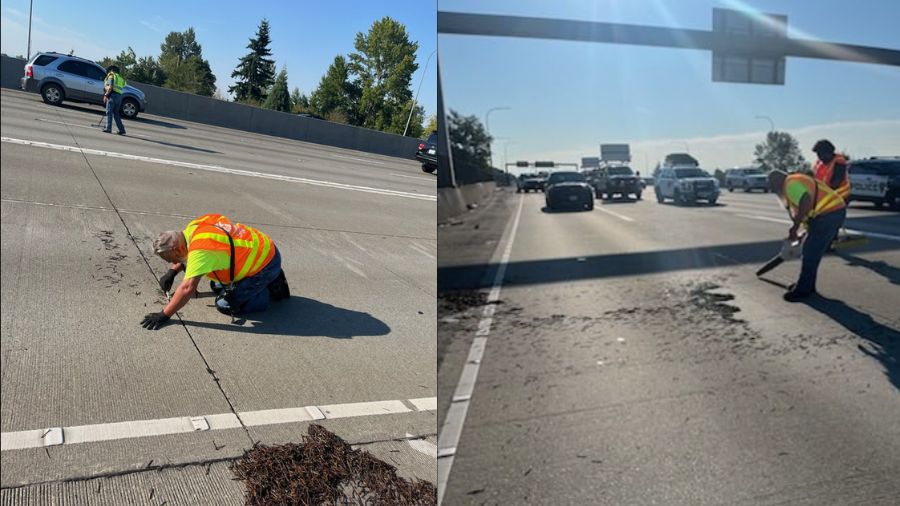
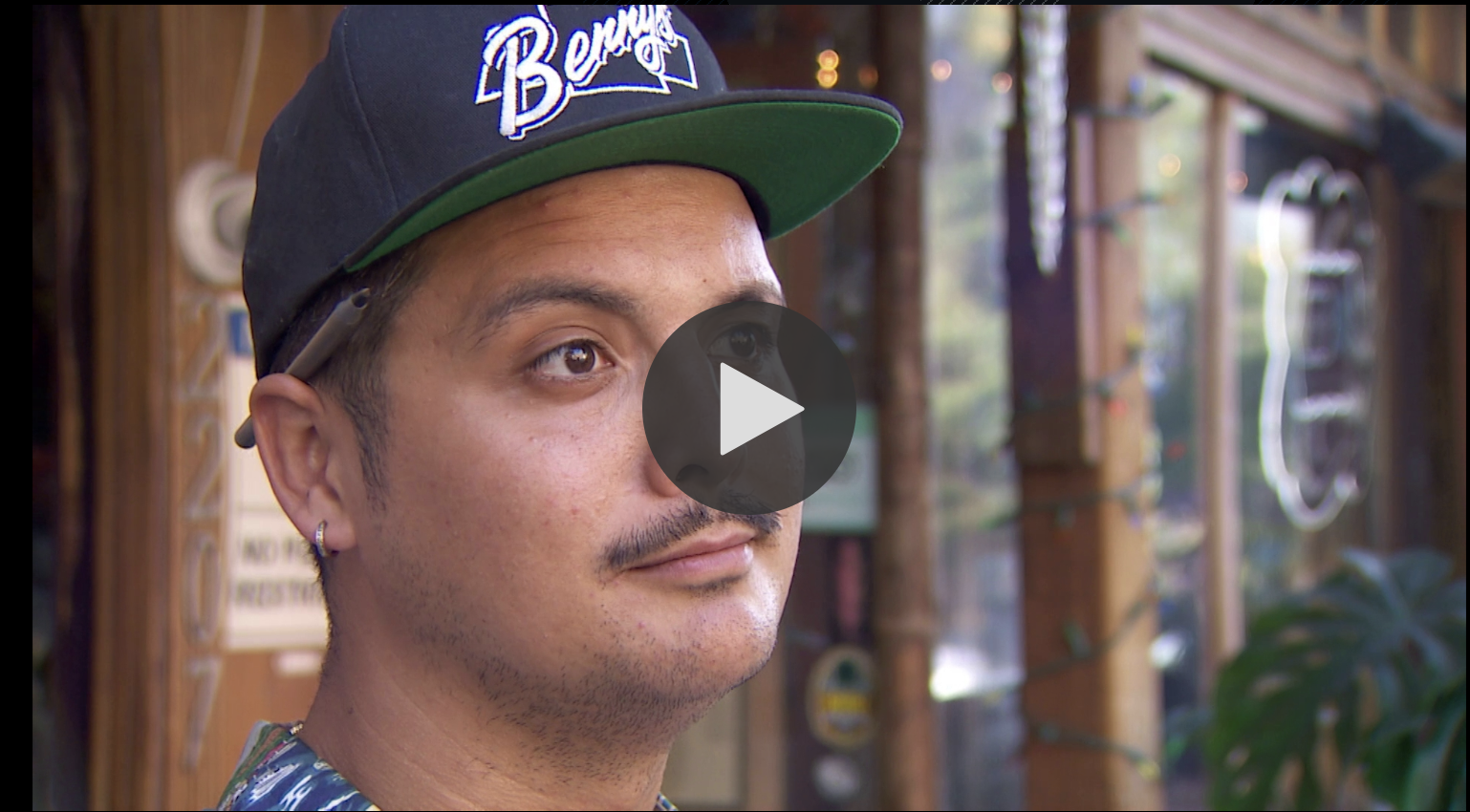
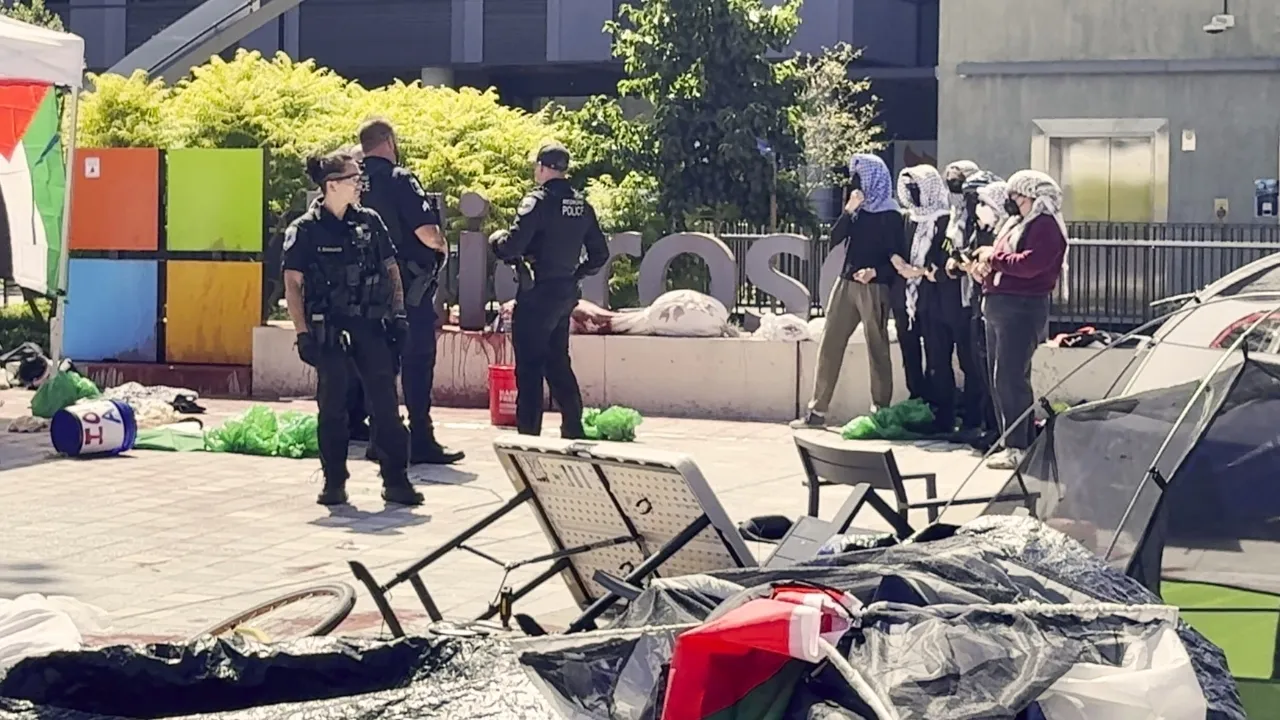
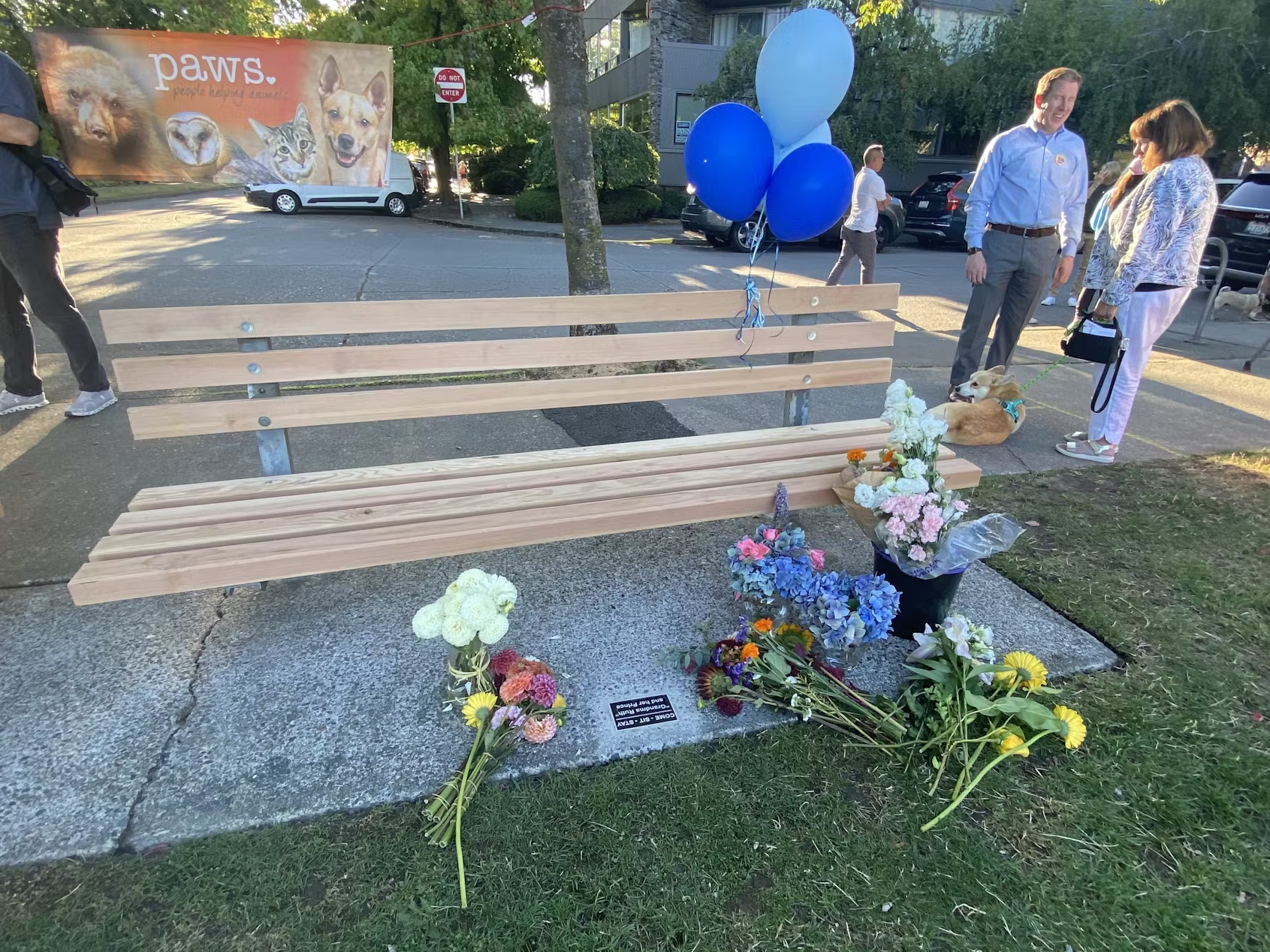
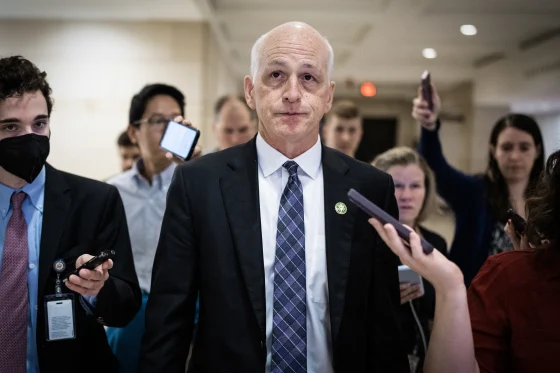
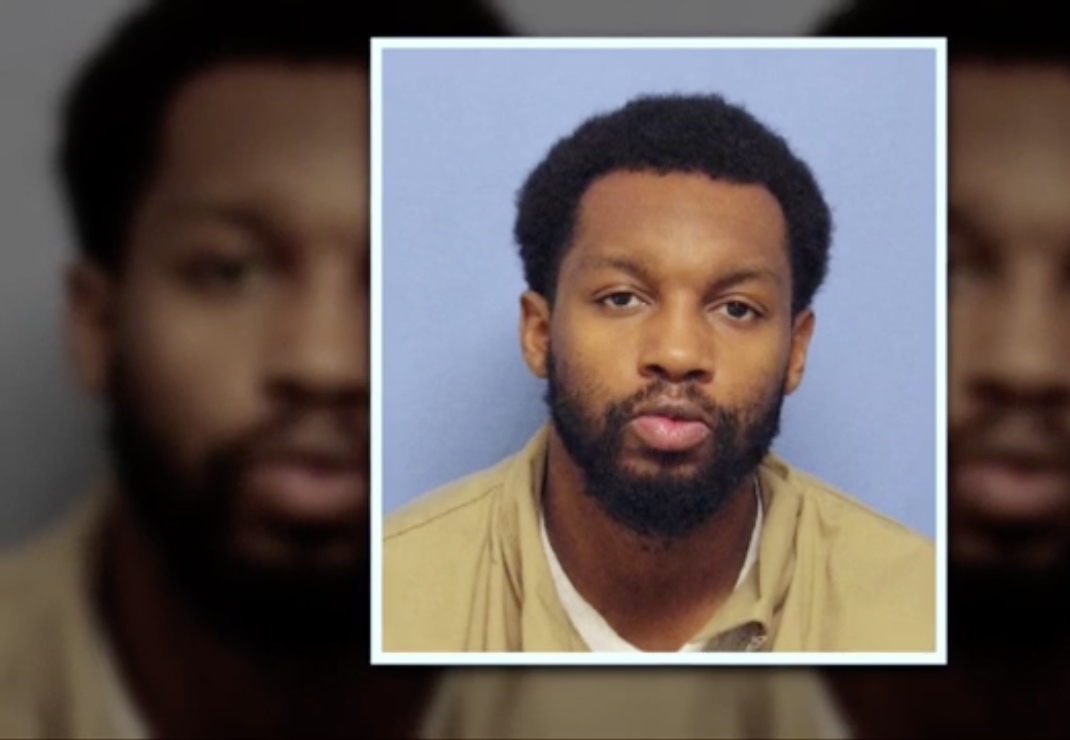
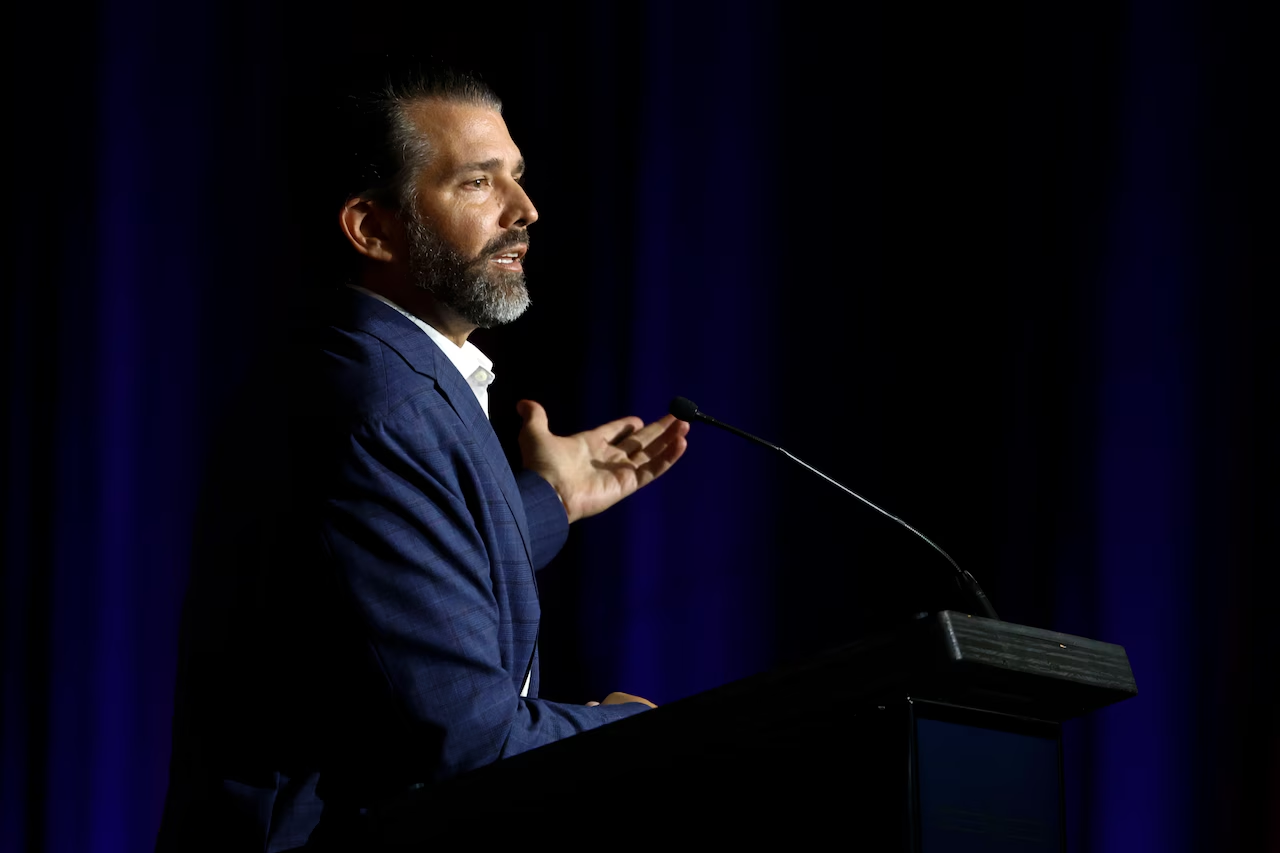

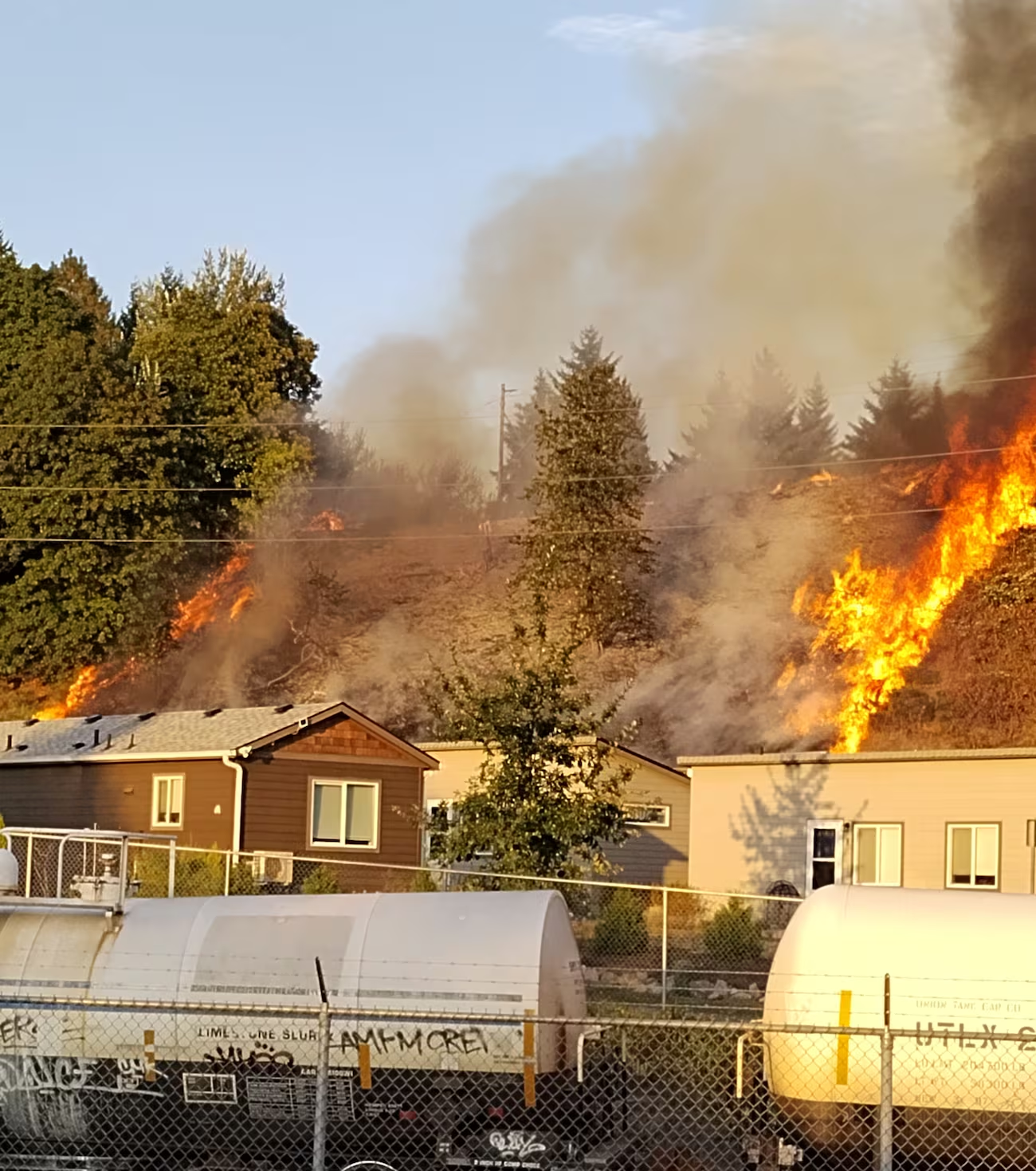

Leave a Reply